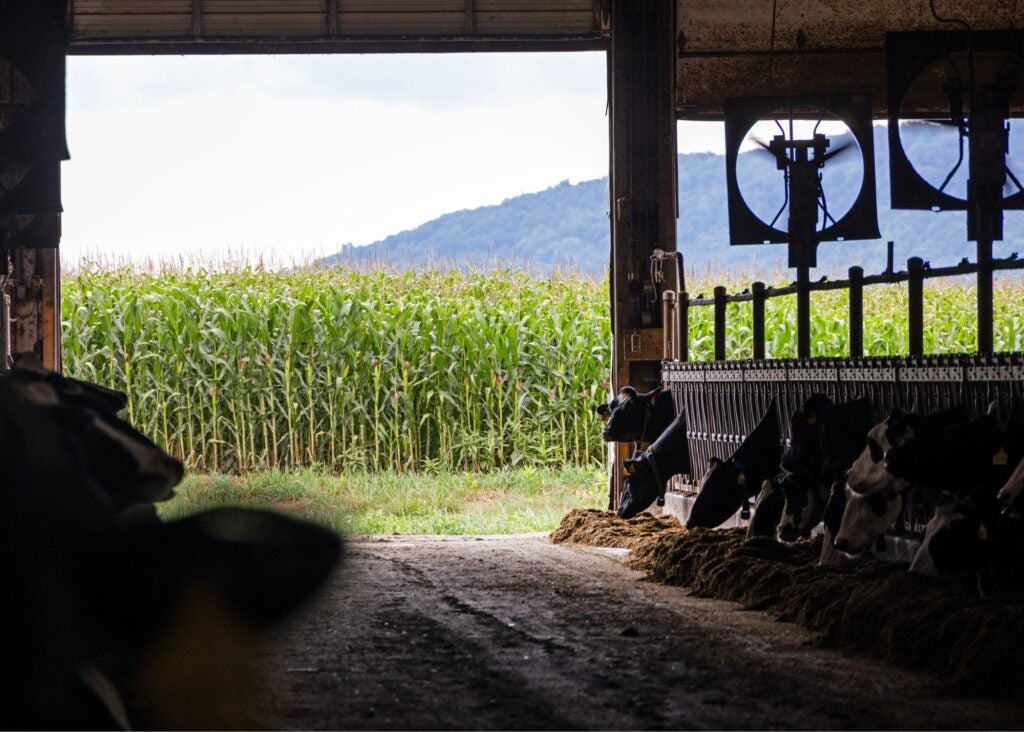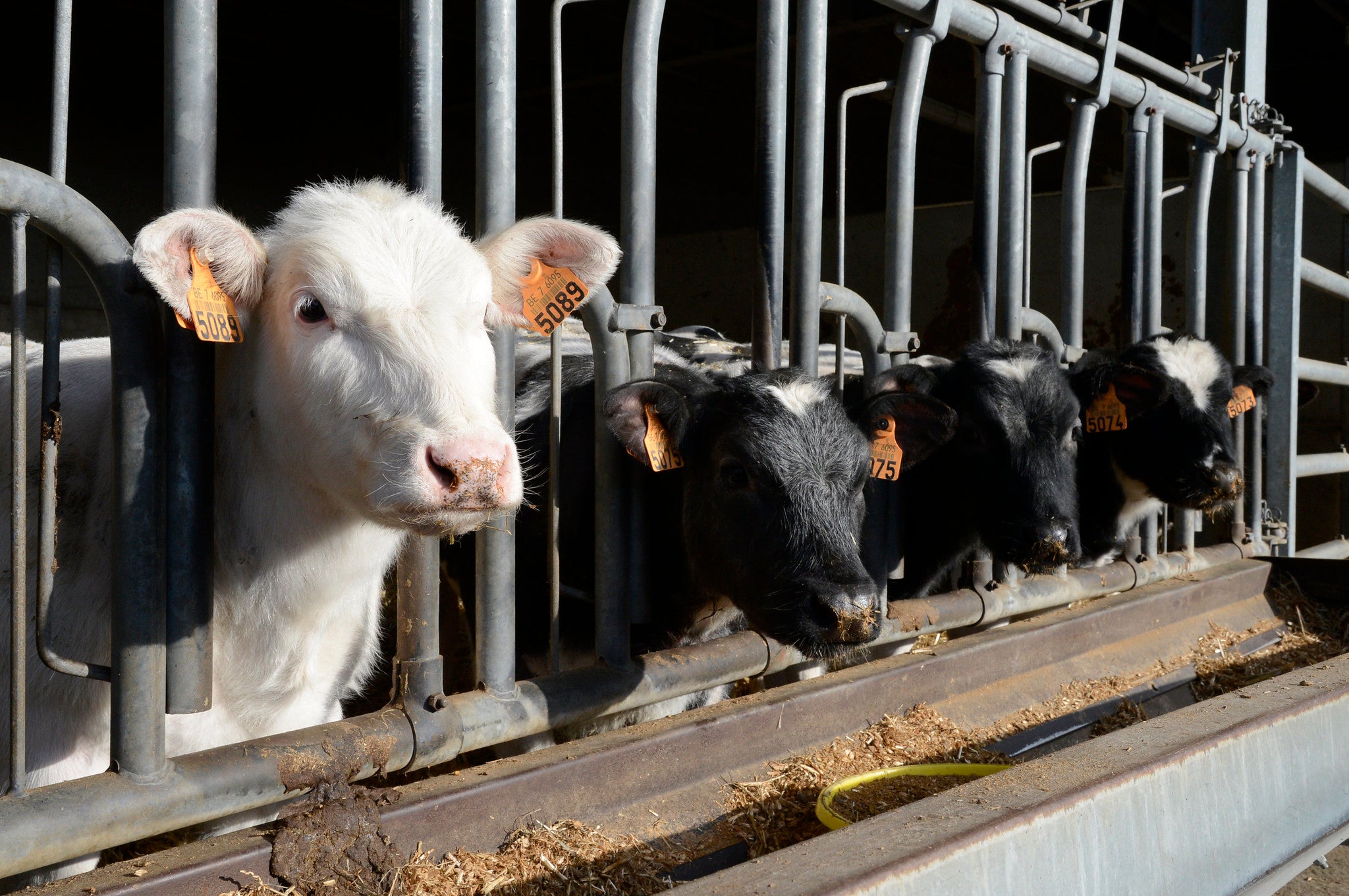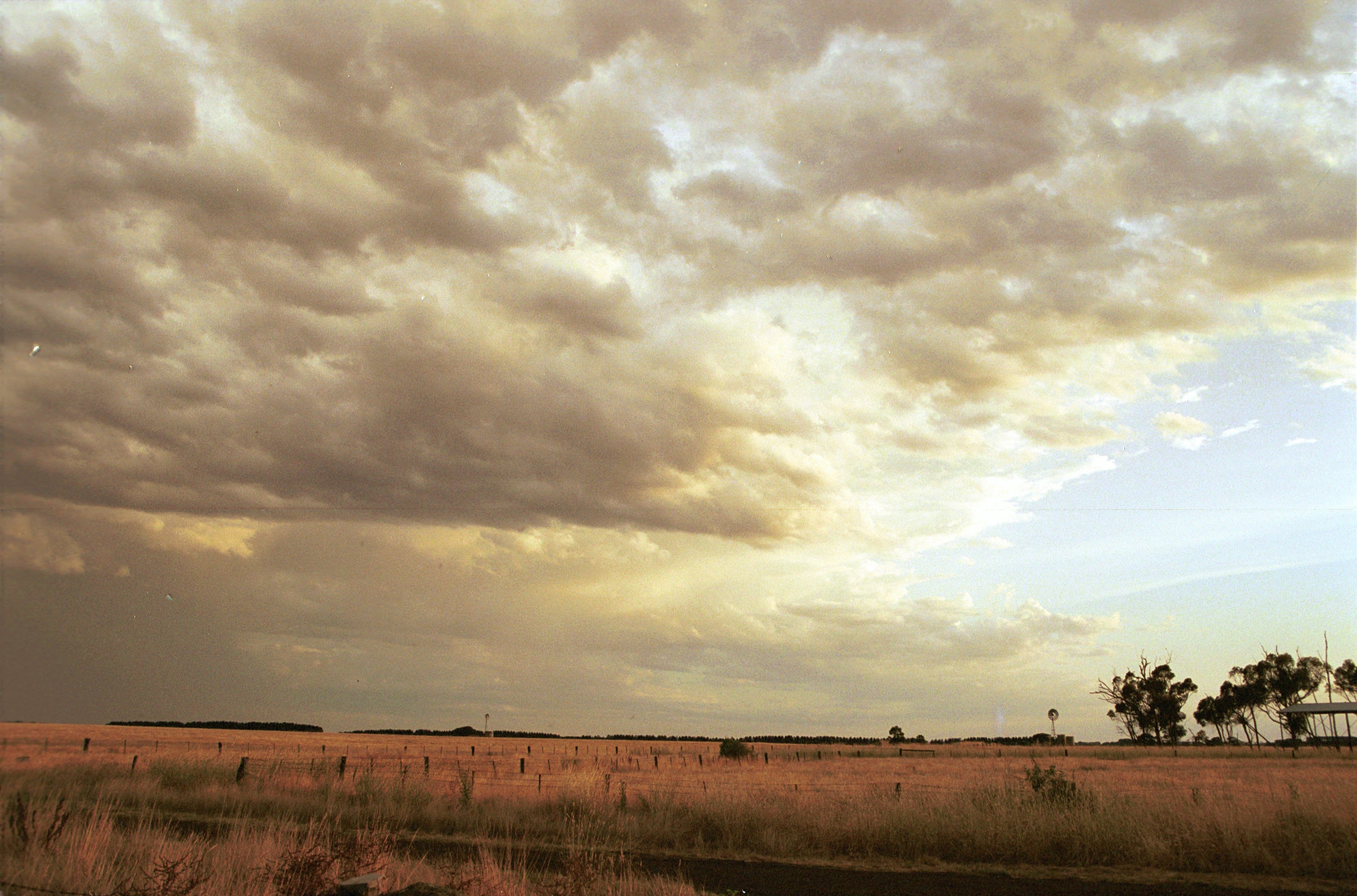New Report: How high-quality carbon offsets can lower livestock methane emissions
Authors: Erin Leonard and Maggie Monast
With more than 80 times the warming power of carbon dioxide over the first 20 years after its release, methane is one of the most potent greenhouse gasses. One major contributor to global methane is livestock operations — 32% of methane emissions from human activity come from livestock and animal agriculture.
The good news is that methane’s massive warming potential also creates an opportunity for a big and rapid impact if we can mitigate those emissions. To avoid the worst effects of climate change, we need to rapidly lower livestock methane emissions, a process that requires support and incentives to help farmers and ranchers adopt changes in their businesses.
High-quality carbon offsets could be one pathway to securing that funding. However, a functional carbon marketplace — one that is good for both the planet, producer livelihoods and investors — depends on credits with high integrity.
In a new report, Environmental Defense Fund assessed all the existing methodologies for quantifying and crediting livestock emissions reductions within voluntary and compliance markets and recommended actions to improve the integrity of those credits. The key findings of the report are summarized below.
Strong potential for lowering methane emissions
According to the findings in the report, carbon offset credits for lowering livestock methane emissions have a strong potential to drive investment into solutions that can be used safely and effectively. Governments, carbon market registries, governance bodies and credit buyers must work in tandem to ensure high quality by backing robust measuring, reporting and verification.
High-quality credits require robust and ethical measurements. Carbon registries, standards bodies and the scientific community must actively collaborate to regularly update existing methodologies with the best available science — and ensure high-integrity credits for livestock methane emissions reductions.
Carbon offset credit use should complement, not replace, direct decarbonization. Companies can use carbon credits to contribute to global climate action through Beyond Value Chain Mitigation — measures to prevent, reduce or remove emissions outside a company’s value chain — and augment their science-aligned decarbonization targets.
Environmental justice is essential
The report also calls for better social and environmental safeguards, including environmental justice protections. Most crediting programs set overarching social and environmental safeguards that apply regardless of the project type. Because of this, safeguards are rarely tailored to livestock-specific projects; this approach does not always sufficiently safeguard community health and livelihoods. Crediting programs could take action to increase credit integrity by tailoring standards to livestock projects.
All of the reviewed crediting methodologies can further improve their environmental and social safeguards by providing equitable opportunities for smaller livestock operations as well as ensuring protections for local communities from pollution and other harms. This may need to include going beyond compliance with local environmental regulations.
Improving Ability to Accurately Quantify Emission Reductions is Key
Across the methodologies reviewed, quantification uncertainty leads to a possible risk of over- or under-estimation of credits generated. There are opportunities to increase the quality of parameters used to estimate emissions reductions, as well as provide a level of granularity reflecting the diversity of conditions and operating practices. Doing so requires continued investment in high-quality peer-reviewed research and strong systems for governing bodies and crediting programs to review and update methodologies with the best available research.













